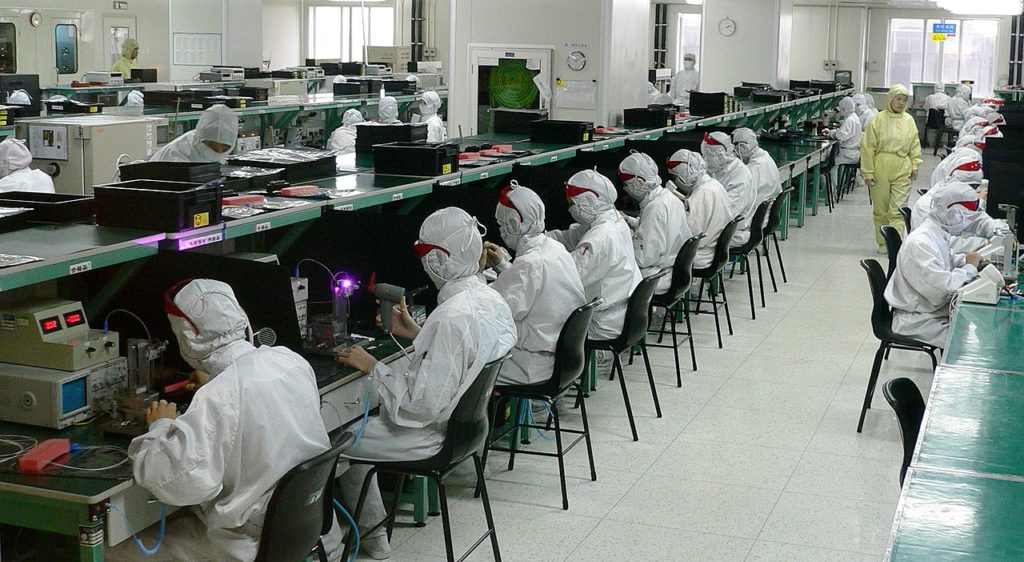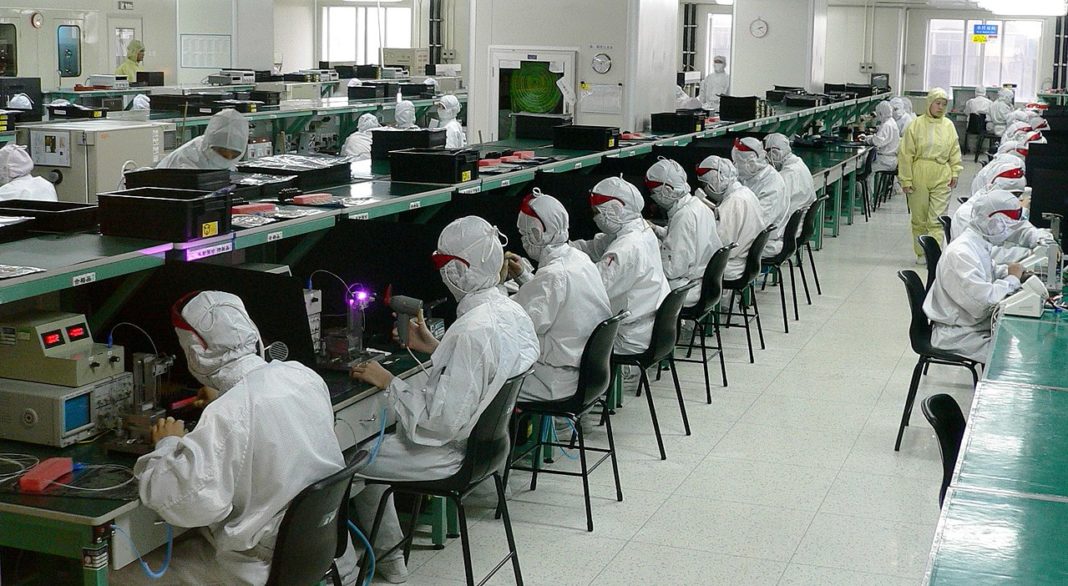Four government ministries are examining a petition that reached 5,736 signatures, above the 5,000 threshold that requires a government response, according to Huang Wei-chen, director of the Department of Labour Standards and Equal Employment within the Ministry of Labour. Relevant government agencies and experts are assessing the potential impacts – their recommendations are expected to be presented by the end of June.

Taiwan’s government tightened limits on working hours in 2016, introduced a cap of 46 hours per month on overtime and increased inspections of companies thought to be breaching labour laws.
Semiconductor workers produce the chips which power our modern lives – from our smartphones to our fridges. The industry – comprised of some 290,000 Taiwanese workers – generates roughly $175 billion for the island each year. Creating this equipment and staying at the bleeding edge of this crucial technology is demanding.
There are also concerns a mandatory four-day work week could negatively impact the semiconductor industry – and global computer chip supplies – given some chip companies already have difficulties finding appropriately skilled employees.
Trials of four-day work weeks have been conducted in Japan and Singapore, while parts of Europe and the United Arab Emirates have implemented measures to cut back on working hours. Several European countries, including Iceland, Spain and Sweden, already have schemes in place to allow three-day weekends.
According to the skynews/scmp















